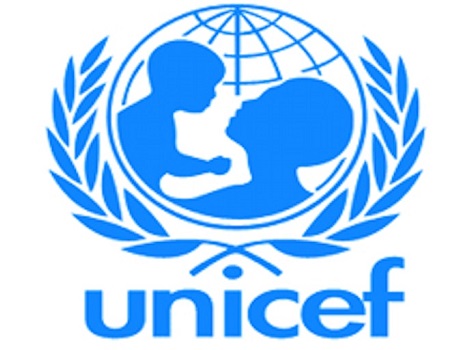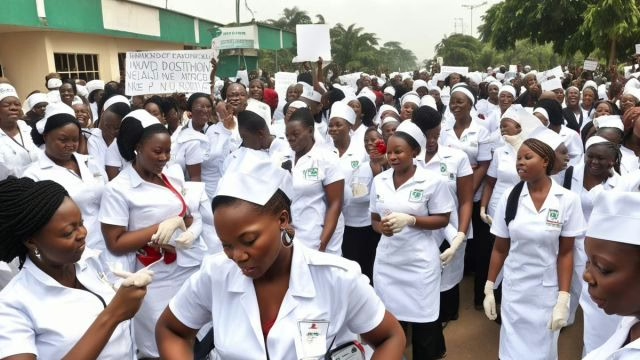The United Nations Children’s Fund (UNICEF) has raised alarm over the escalating maternal mortality rate in Borno State, revealing that one woman dies every eight minutes while giving birth—mostly due to preventable causes.
This grim statistic was disclosed by the Chief of UNICEF Maiduguri Field Office, Mr. Francis Busiku Butichi, during the official launch of the distribution of 3,700 Mama Kits in 13 selected local government areas under the Maternal and Neonatal Mortality Reduction Innovation and Initiative (MAMII).
Butichi described the situation as urgent and deeply concerning, calling for immediate and coordinated action to halt the rising number of deaths among pregnant women in the state.
“These are not just numbers. They are mothers, daughters, sisters, friends, and future leaders lost to preventable causes,” he said.
Acording to him, Borno remains one of the leading contributors to maternal and neonatal mortality in Nigeria, exacerbated by inadequate healthcare access, displacement, poverty, and traditional birthing practices.
The MAMII project, he explained, was developed to tackle the five critical delays that lead to maternal and newborn deaths:
- Delay in seeking care
- Delay in reaching care
- Delay in receiving quality care
- Delay in taking personal and institutional responsibility
- Delay in coordinated healthcare response
As part of the initiative, the Mama Kits—which are pre-packed with essential supplies to support clean and safe deliveries—are being distributed to high-need areas, especially rural communities and internally displaced persons (IDP) camps, where health infrastructure is weak or nonexistent.
“These kits are more than just supplies. They send a message to every woman that her life matters,” Butichi said.
“They also help bridge the gap between traditional practices and modern healthcare services, encouraging more women to seek skilled care.”
He urged government agencies, traditional rulers, civil society groups, and international partners to scale up support for maternal and neonatal health initiatives, stressing that the burden is too heavy for the health sector to bear alone.
“No woman should die while giving life. Every safe birth is a victory. Every mother saved is a secured future. Every newborn kept alive is a promise fulfilled,” he added.
UNICEF reaffirmed its commitment to working alongside the Borno State Ministry of Health and the State Primary Health Care Development Agency to strengthen primary healthcare systems, train frontline health workers, improve data collection, and promote maternal and child survival across the state.
The intervention comes amid continuing health challenges in Borno, a state long affected by the Boko Haram insurgency and its devastating impact on infrastructure, healthcare, and social services.











Leave a Reply